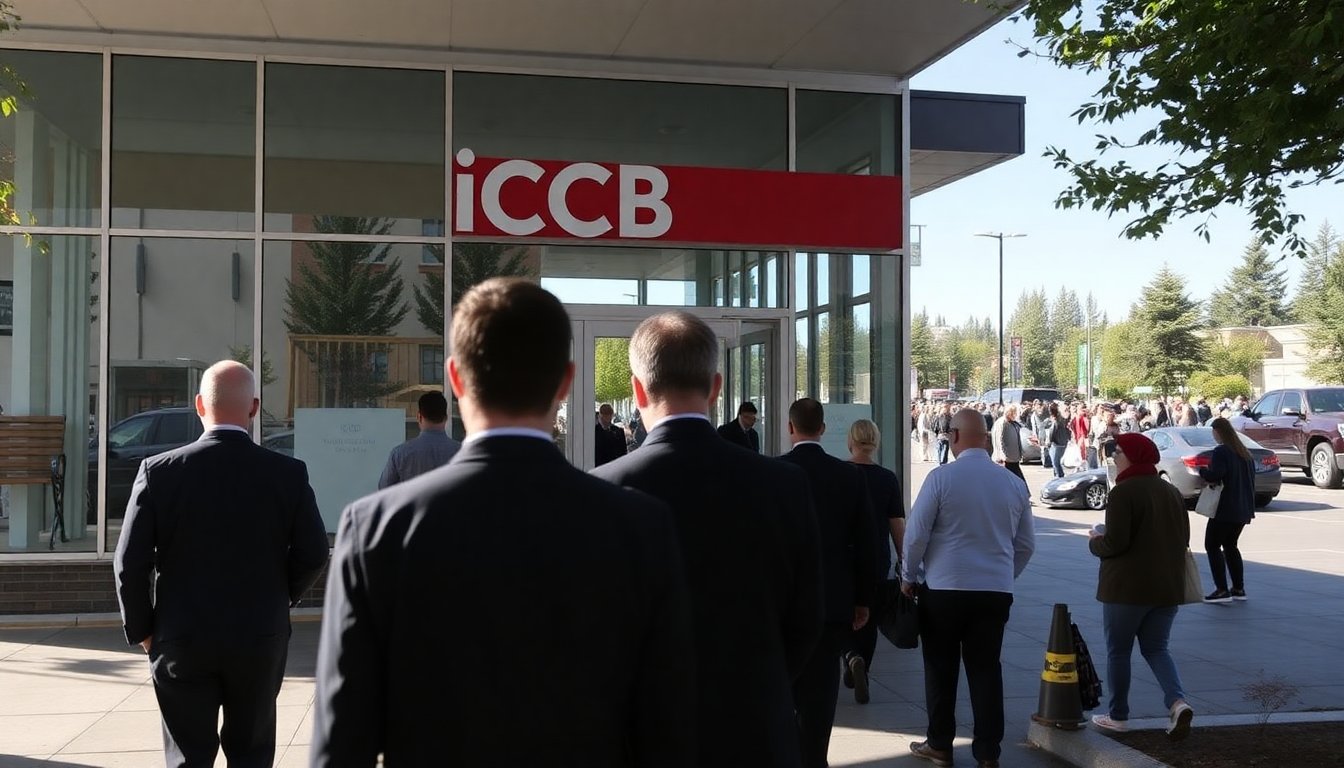Table of Contents
BCGEU Strike Resumes Driver Licensing Services at ICBC
The ongoing strike by the BC General Employees Union (BCGEU) has significantly impacted public operations across British Columbia. A key development is the resumption of driver licensing services at ICBC’s Guildford location. This reopening follows days of disruption, as ICBC workers, although not union members, were affected by BCGEU picketing activities. The union’s focus on government facilities led to temporary service halts in regions including Victoria, Surrey, and Prince George.
Impact of the BCGEU Strike
The BCGEU strike has entered its fourth day, resulting in significant challenges for public sector operations. The union represents approximately 34,000 workers and has primarily targeted government buildings. While other services have remained largely unaffected, the Guildford location experienced disruptions due to its proximity to BCGEU pickets. In response, ICBC sought a “common site order” from the Labour Relations Board, enabling employees to serve customers without further interruption.
The broader implications of the strike resonate throughout the province. BCGEU President Paul Finch emphasized that the actions aim to highlight the need for better wages, with the union demanding an 8.25% increase over two years. In contrast, the province’s counter-offer stands at 3.5% for the same period. This wage disparity underscores the ongoing tension between workers’ demands for improved compensation and the government’s fiscal constraints amid a significant budget deficit of $7.3 billion.
Negotiation Dynamics and Future Prospects
Negotiations between the BCGEU and the provincial government face ongoing challenges. Experts, including Barry Eidlin from McGill University, warn that if a compromise is not reached soon, the situation could escalate. The union has opted not to implement broader work stoppages, applying pressure in a measured manner to maximize impact while allowing for further negotiations.
Legally, the picketing may continue indefinitely. While the province has the authority to intervene, such actions could provoke public backlash. Historical precedents, such as the federal government’s intervention during the Air Canada flight attendants’ strike, illustrate the complexities of balancing labor disputes with public sentiment.
Public Services and Community Impact
Recognizing the role of public sector workers is crucial in maintaining essential daily functions in British Columbia. The current strike not only highlights wage disputes but also raises awareness of the critical services these workers provide. Premier David Eby noted that the government faces substantial fiscal challenges and cannot offer wages that keep pace with inflation as it did in past negotiations.
As the BCGEU continues to assert its position, the public should prepare for potential disruptions in various services. The strike’s ultimate aim is to incite change, and with the possibility of escalating actions, it remains to be seen how the government will respond and what impact this will have on the daily lives of British Columbians.


